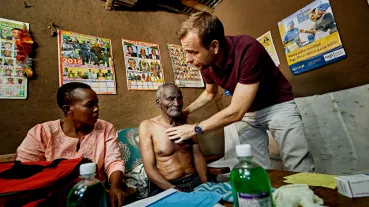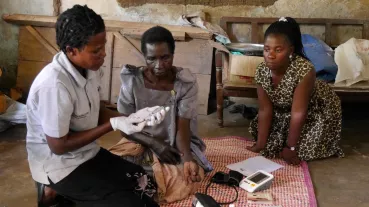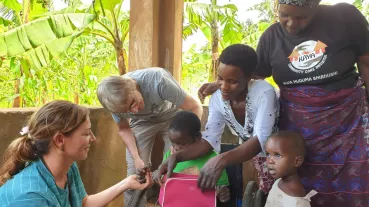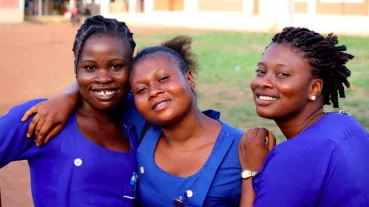Controlling cervical cancer through the implementation of HPV vaccination in Madagascar: providing evidence for implementation strategies - CHIMPS
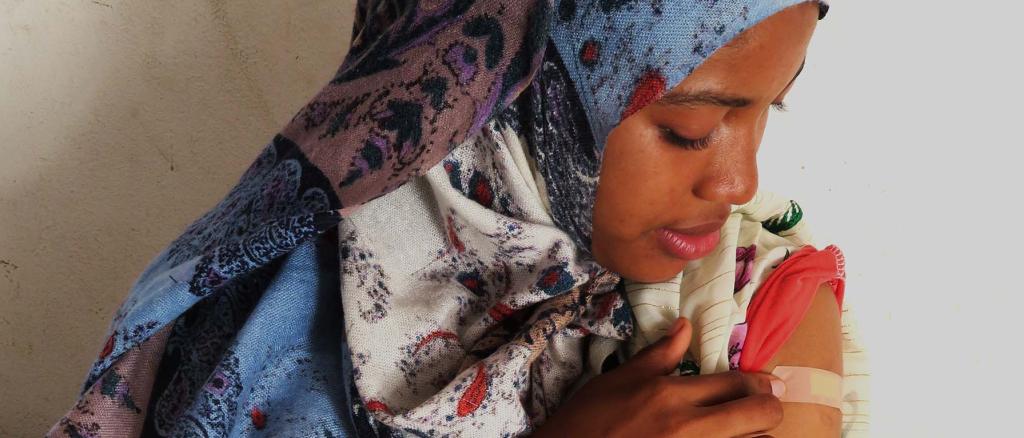
Situation:
Cervical cancer is the fourth most common cancer in women worldwide and can be prevented through HPV vaccination. Madagascar is delayed with HPV vaccination programs. CHIMPS combines humanitarian aid, operational research, and capacity building to identify barriers and facilitators aimed at planning effective strategies for the introduction of HPV vaccination in Madagascar.
Objectives:
SO1: HPV prevalence and genotypic characterization
SO2: Conceptualization of vaccination strategies
SO3: Establishment of supply chain of HPV vaccines through GAVI in Madagascar
SO4: Assessment of HPV vaccine acceptability and awareness campaign
SO5: Training and capacity strengthening
- 1500 Malagasy women are screened for HPV and Cervical Cancer
- 300 medical students and health care workers are trained during the course of the project
- Vaccine hesitancy decreases by 10%
- longstanding collaboration with the team
- territorial understanding of the implementation challenges
- community trust established through a vaccination campaign
CHIMPS has the objective of preparing Madagascar for the adoption of the HPV vaccine in the country and establishing the program as a public health priority. After a mid-term evaluation of the project indicators, a plan for the establishment of the vaccination in the country will be established including discussions with local stakeholders so as identification of funds and donors for the roll-out of the vaccine. CHIMPS will continue establishing colposcopy capacity at primary level of care. Alongside with HPV vaccination, the guidelines of the WHO define cervical cancer screening as a due requirement to eliminate cervical cancer. Reinforcing the health system at primary level of care will represent the foundation on which, in the long term, the public health system of Madagascar can build sustainable programs for cancer screening. Moreover, in Madagascar, female genital schistosomiasis (FGS) is particularly prevalent. Colposcopy would allow the implementation of integrated programs that could in parallel prevent cervical cancer and identify FGS which is the chronic manifestation of urogenital schistosomiasis impacting on reproductive health so as increasing the risk for HIV infections and potentially cervical cancer onset and progression.
CHIMPS will support the alignment of Madagascar to the WHO 90/70/90 strategy to fight Cervical Cancer

